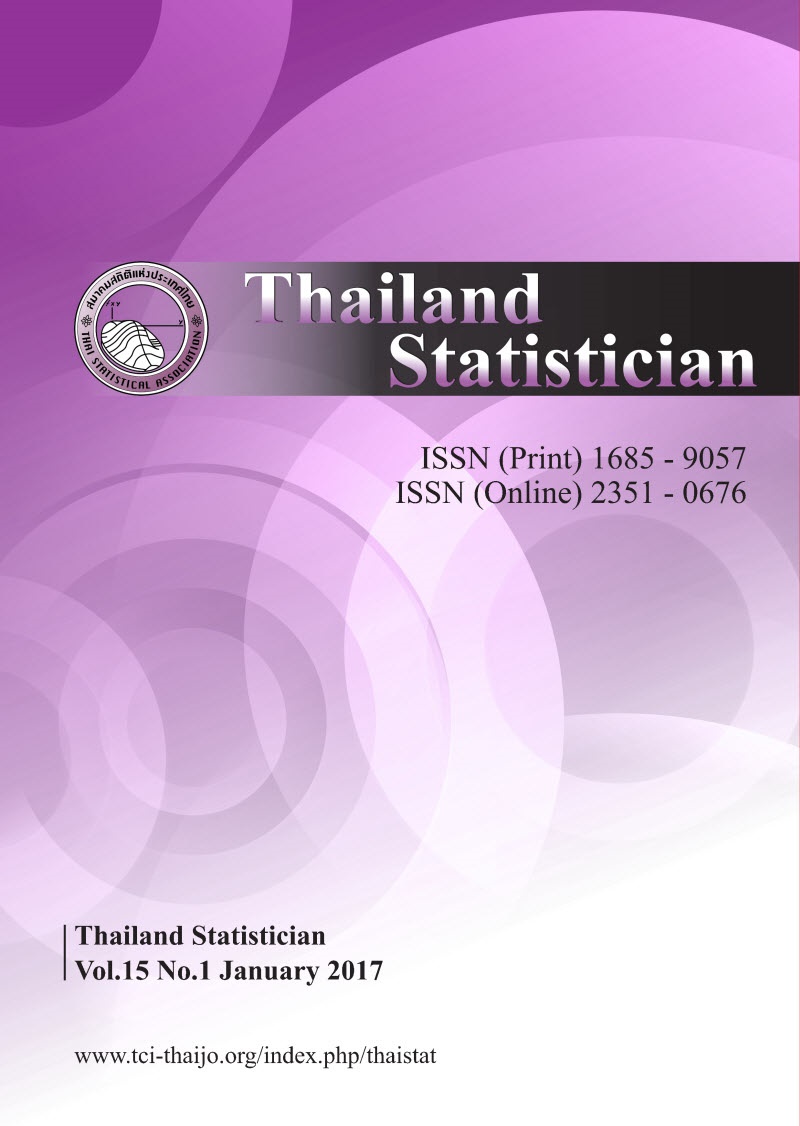Confidence interval estimation of the signal-to-noise ratio using ranked set sampling: a simulation study
Keywords:
Coefficient of variation, confidence interval, coverage probability, ranked set sample, signal-to-noise ratioAbstract
In this paper, several confidence intervals for estimating the population Signal-to-Noise Ratio (SNR) are compared using simple random sampling (SRS) and ranked set sampling (RSS). A simulation study is conducted to compare the performance of the interval estimators using random data generated from normal distribution with specified population parameters so that the same values of SNR are obtained, with sample sizes n =15,25,50 . The criteria for performance comparison is based on coverage probability and interval width. From simulation study it is observed that the confidence intervals based on the RSS have the higher coverage probabilities and smaller or equal widths compared to the confidence intervals based on SRS.Downloads
How to Cite
Albatineh, A. N., George, F., Kibria, B. M. G., & Wilcox, M. L. (2015). Confidence interval estimation of the signal-to-noise ratio using ranked set sampling: a simulation study. Thailand Statistician, 12(1), 55–69. retrieved from https://ph02.tci-thaijo.org/index.php/thaistat/article/view/34205
Issue
Section
Articles




